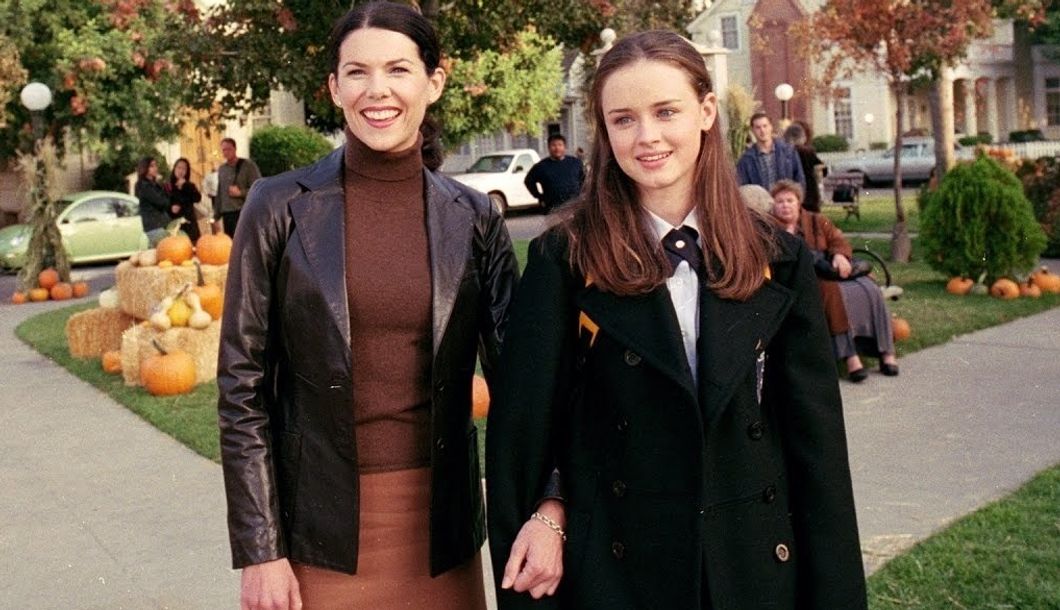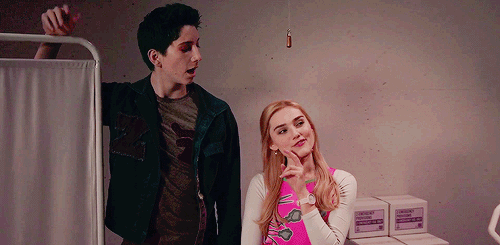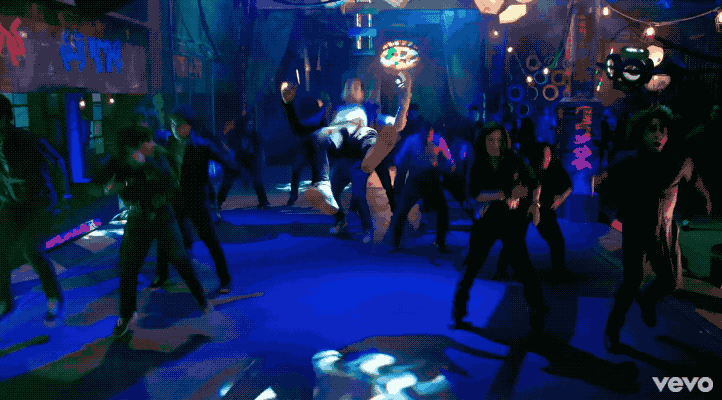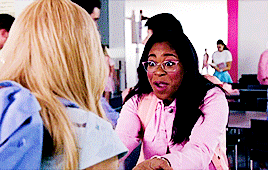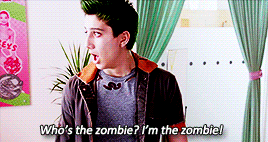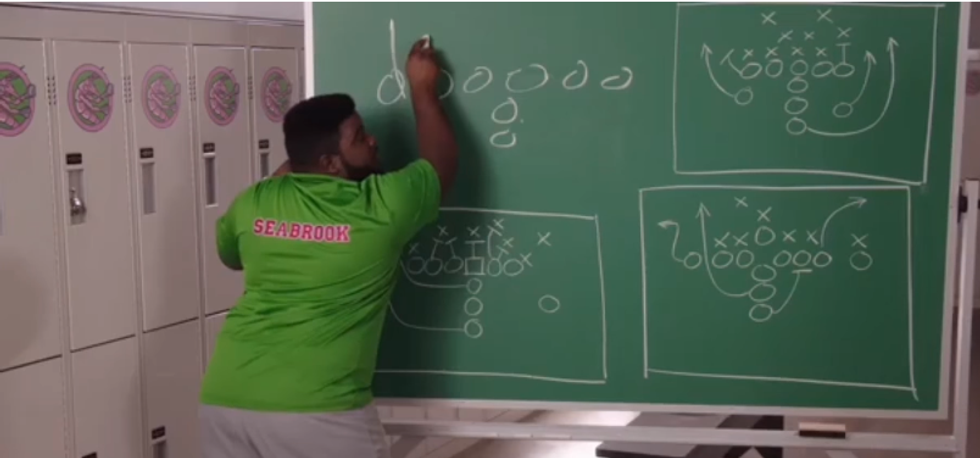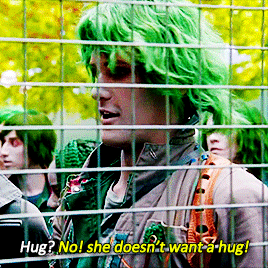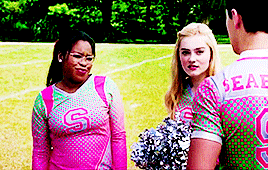So, What The Heck IS The 'Bechdel Test' And What Exactly Does It Prove?
If you're a woman, you should be here for this.
In recent days, I've realized that not everyone I know is aware of the Bechdel test, what it is, or what it does. It serves an important (but flawed) function when it comes to analyzing film and television for its treatment of women.
The test was inspired/created by Alison Bechdel's comic strip in 1985 The rules are simple, two female characters who have names must engage in a conversation together about something other than a man.
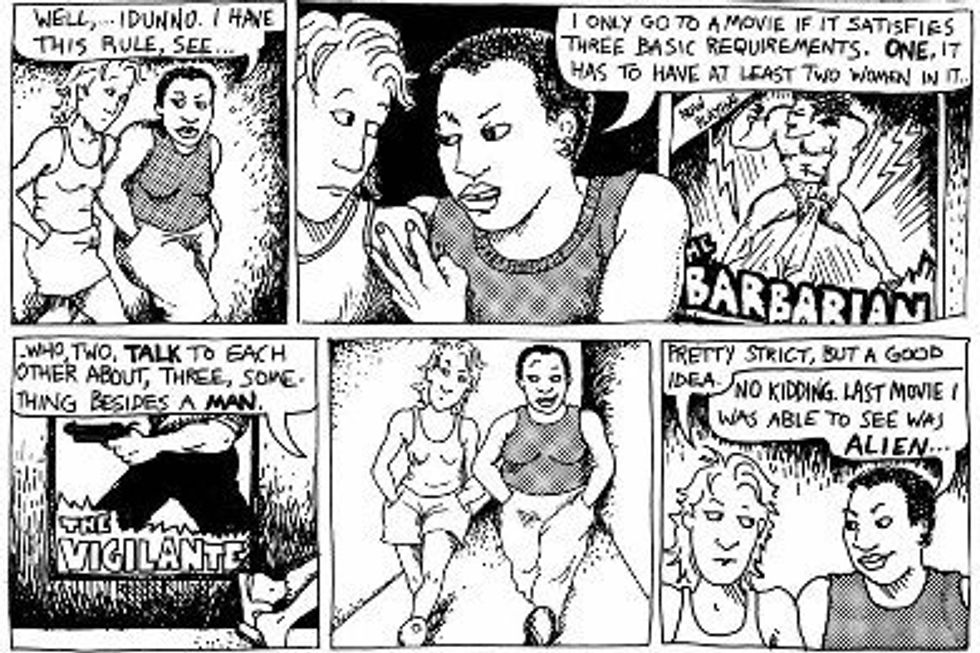
Simple, right? That being said, the test isn't a hard and fast way of telling how feminist a piece of entertainment is, and it isn't perfect by any means, which is why there are many other such tests, like the Sexy Lamp test, which asks if you could replace the female character with a sexy lamp. If it doesn't change the story, you've got a problem.
But despite the problem's of the test, like setting and context, it does reveal how much of a male-dominated world Hollywood is, simply for the matter of how easy it is to pass the test and how many movies fail to do so. For example, none of the original three Star Wars movies pass the test, since there are only three named female characters in that particular facet of the series. The entire Lord of the Ring's trilogy does not pass either. Even if they are lead by a female character, most movies do not pass, simply because if female characters meet, they are talking about a man, or they're not any female characters for the lead to interact with.
Since the test can be passed in a matter of seconds, it makes you wonder why more mainstream movies don't pass? A majority of the Harry Potter movies fail as well.
That being said, it is obviously not a perfect system, and I admit its flaws, such as if it's a time period or context where women may not be around, or the lead character is a male and most others are talking about him. But that being said, again, its an example of just how male-dominated our culture is, not only in characters but in conversation.
However, there are also a few movies that surprisingly pass the test. Among them are "Mean Girls," which, while the climax of the plot is almost entirely about two girls fighting over another boy, passes multiple times. The pilot episode of "Game of Thrones" passes with flying colors, about 30 minutes in, and both of Anne Hathaway's Princess Diaries movies pass as well.
The next time you're watching a film or a show, keep an ear out and see if it passes. And for bonus points, I've started applying the same test to men, to see how many movies passes in comparison. It's a short, simple way to analyze the content you're watching to see how gender dynamics are affecting it.


